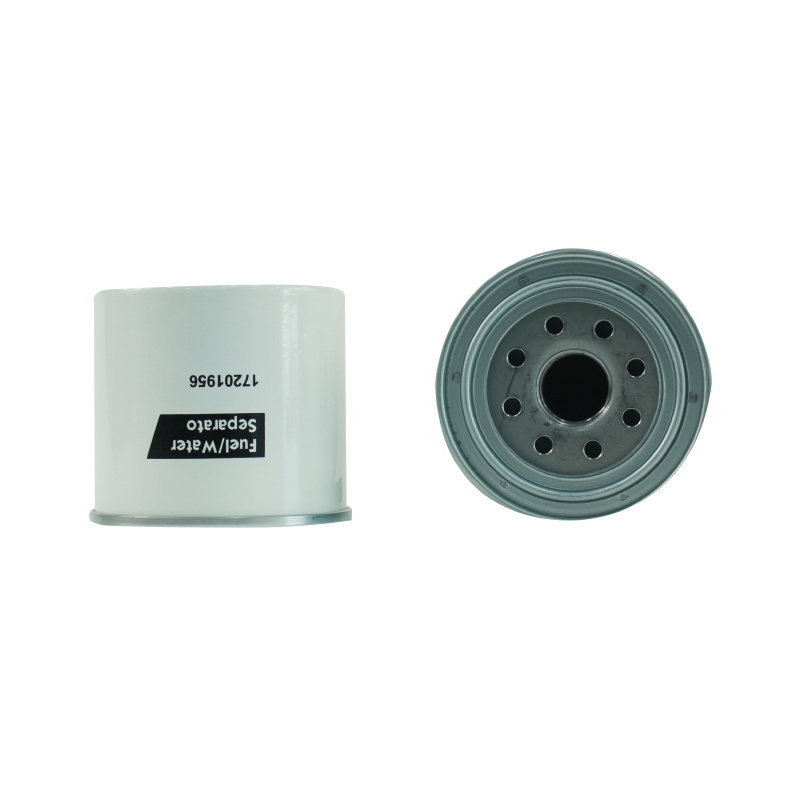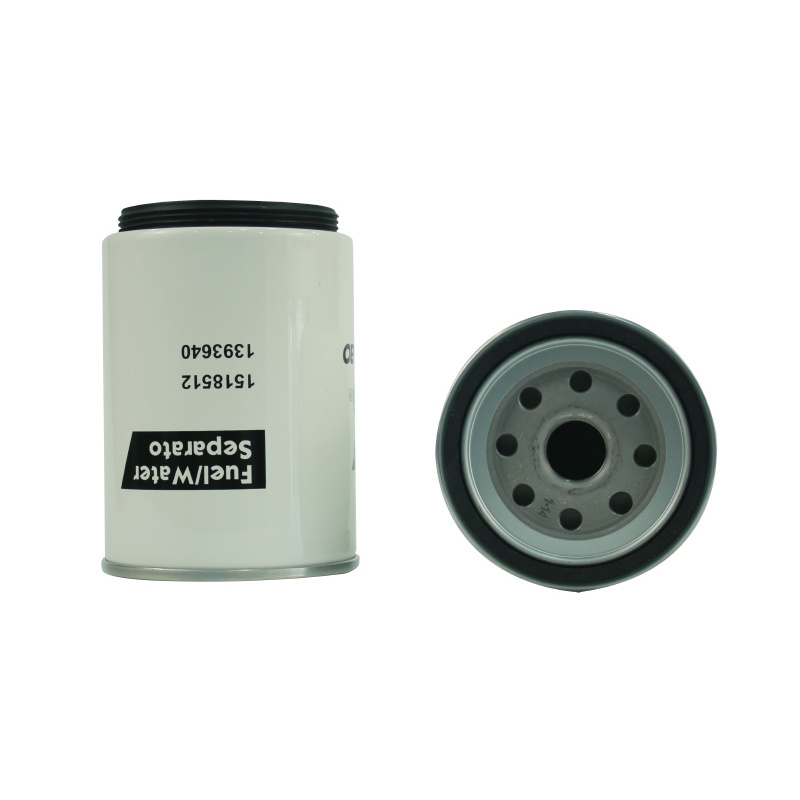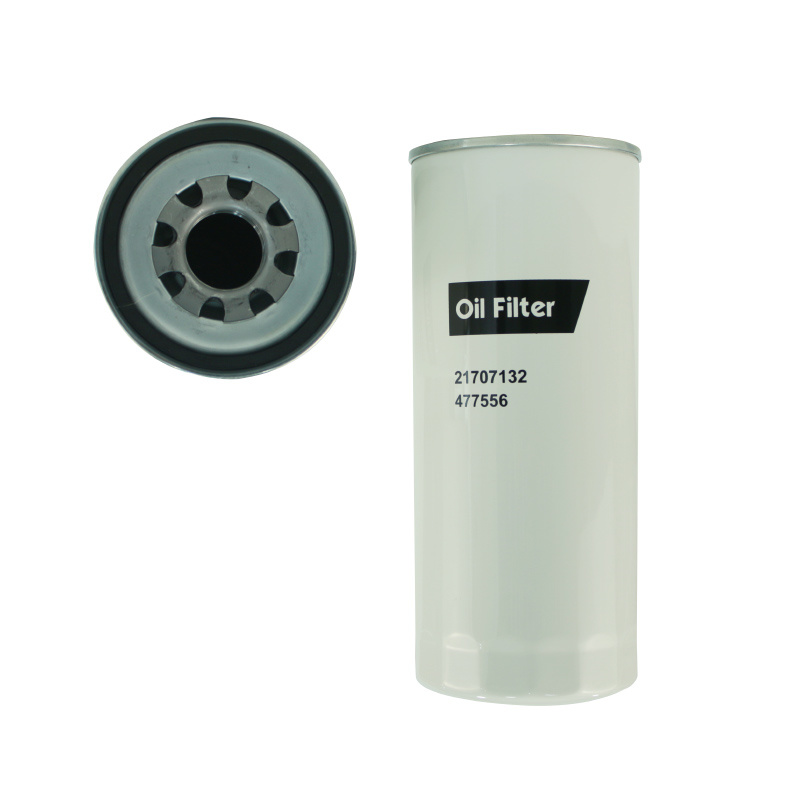Welcome to Hebei Takai Vehicle Parts Technology Co., Ltd.
Understanding Oil-Water Separators: Essential Technology for Industrial Wastewater Treatment
Release Time:
Jul 30,2025
Oil-water separators are specialized devices designed to separate oil from water in industrial wastewater systems. They play an essential role in ensuring that the effluent discharged into the environment meets regulatory standards. The importance of these separators cannot be overstated, particularly in industries like manufacturing, oil and gas, and automotive, where oil contamination is common.
Oil-water separators are specialized devices designed to separate oil from water in industrial wastewater systems. They play an essential role in ensuring that the effluent discharged into the environment meets regulatory standards. The importance of these separators cannot be overstated, particularly in industries like manufacturing, oil and gas, and automotive, where oil contamination is common.
**Operational Principles**
The principle behind oil-water separators is based on the differences in density between oil and water. Oil is generally less dense than water, allowing it to float on the surface. When wastewater enters the separator, it undergoes a process where gravity is used to separate the lighter oil from the heavier water.
Most oil-water separators employ a variety of technologies, including gravity separation, coalescing media, and advanced filtration systems. Gravity separation is the simplest method, where the flow is slowed down to allow oil droplets to rise to the surface. In contrast, coalescing separators utilize specially designed media that encourage smaller oil droplets to combine into larger ones, enhancing the efficiency of separation.
**Types of Oil-Water Separators**
There are several types of oil-water separators, each tailored to specific applications:
1. **Gravity Separators:** These are the most basic type, relying solely on gravitational forces to separate oils from water. They are suitable for applications with low oil concentrations.
2. **Coalescing Separators:** These systems are designed to improve the efficiency of the separation process. They utilize coalescing plates or media to facilitate the aggregation of oil droplets.
3. **Membrane Separators:** These advanced systems employ membranes with selective permeability, allowing water to pass through while retaining oil. They are particularly useful in applications where very low levels of oil in water are required.
4. **Hydrocyclones:** These devices use centrifugal forces to enhance separation efficiency, making them suitable for high-oil-load applications.
**Benefits of Oil-Water Separators**
The implementation of oil-water separators in industrial processes brings several benefits. Firstly, they contribute significantly to the reduction of environmental pollution by ensuring that oil-contaminated wastewater is treated effectively before discharge. This, in turn, aids businesses in complying with environmental regulations, thus avoiding fines and legal liabilities.
Moreover, oil-water separators can lead to significant cost savings. By effectively recovering oil, businesses can recycle valuable resources instead of incurring costs associated with oil disposal. Additionally, efficient separation processes can reduce the need for extensive treatment downstream, leading to lower operating costs.
In conclusion, oil-water separators are vital components in the industrial wastewater treatment landscape. Understanding their operation, types, and benefits can empower businesses to make informed decisions about their wastewater management strategies, ultimately leading to environmental protection and operational efficiency.
**Operational Principles**
The principle behind oil-water separators is based on the differences in density between oil and water. Oil is generally less dense than water, allowing it to float on the surface. When wastewater enters the separator, it undergoes a process where gravity is used to separate the lighter oil from the heavier water.
Most oil-water separators employ a variety of technologies, including gravity separation, coalescing media, and advanced filtration systems. Gravity separation is the simplest method, where the flow is slowed down to allow oil droplets to rise to the surface. In contrast, coalescing separators utilize specially designed media that encourage smaller oil droplets to combine into larger ones, enhancing the efficiency of separation.
**Types of Oil-Water Separators**
There are several types of oil-water separators, each tailored to specific applications:
1. **Gravity Separators:** These are the most basic type, relying solely on gravitational forces to separate oils from water. They are suitable for applications with low oil concentrations.
2. **Coalescing Separators:** These systems are designed to improve the efficiency of the separation process. They utilize coalescing plates or media to facilitate the aggregation of oil droplets.
3. **Membrane Separators:** These advanced systems employ membranes with selective permeability, allowing water to pass through while retaining oil. They are particularly useful in applications where very low levels of oil in water are required.
4. **Hydrocyclones:** These devices use centrifugal forces to enhance separation efficiency, making them suitable for high-oil-load applications.
**Benefits of Oil-Water Separators**
The implementation of oil-water separators in industrial processes brings several benefits. Firstly, they contribute significantly to the reduction of environmental pollution by ensuring that oil-contaminated wastewater is treated effectively before discharge. This, in turn, aids businesses in complying with environmental regulations, thus avoiding fines and legal liabilities.
Moreover, oil-water separators can lead to significant cost savings. By effectively recovering oil, businesses can recycle valuable resources instead of incurring costs associated with oil disposal. Additionally, efficient separation processes can reduce the need for extensive treatment downstream, leading to lower operating costs.
In conclusion, oil-water separators are vital components in the industrial wastewater treatment landscape. Understanding their operation, types, and benefits can empower businesses to make informed decisions about their wastewater management strategies, ultimately leading to environmental protection and operational efficiency.
You Can Also Learn More About Industry Trends











